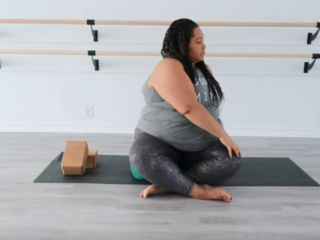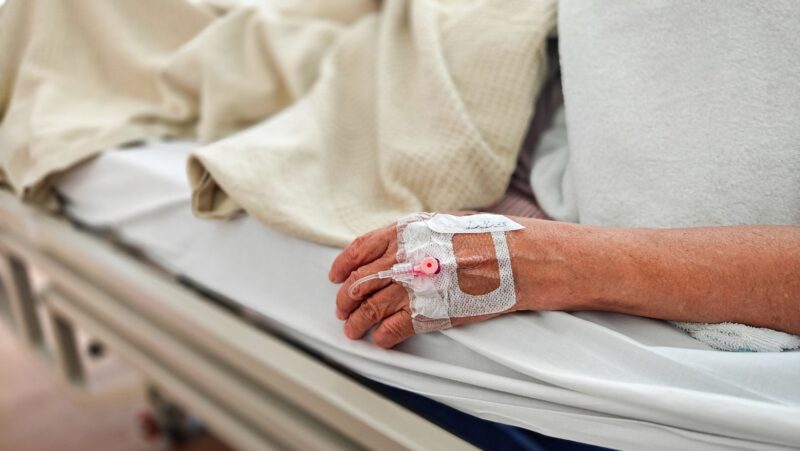
Managing Allergies in Sobriety: Safe Strategies for Relief
Imagine this: spring is in the air, but instead of enjoying it, you’re stuck inside, sneezing and itching. You’re also in recovery, and every over-the-counter medication seems like a potential threat. The challenge of managing allergies in sobriety is real. Fear of relapse, anxiety about side effects—it can feel overwhelming. But there are safe, reliable ways to handle allergies that support your long-term sobriety.
Understanding the Risks: Allergies, Medications, and Relapse
Allergies can come from anywhere. Pollen during the spring and fall is a common allergy trigger. Food sensitivities or allergies can also cause major issues. Environmental factors, like dust mites or pet dander, are tough to avoid. The psychological impact of constant allergy symptoms can be draining. That discomfort really impacts someone in recovery.
Moreover, untreated allergies can disrupt sleep, leading to exhaustion and irritability. Poor sleep can make recovery harder and increase vulnerability to relapse. Prioritizing allergy management is crucial for maintaining overall well-being in sobriety. Westwind Recovery offers support for individuals dealing with both addiction and health-related challenges.
The Potential for Relapse Triggers
Allergy symptoms can create a lot of stress. That stress, or physical discomfort, may trigger cravings. It can even lead to relapse. Physical and emotional health are both important in recovery. Managing both is key to remaining sober. Discovery Institute provides co-occurring treatment programs for those managing mental health alongside addiction recovery.
Identifying Problematic Ingredients in Allergy Medications
Some allergy meds have ingredients to avoid. Watch out for alcohol content in liquid medications. Certain antihistamines can cause heavy sedation. Sedatives will affect the brain and trigger a relapse. Always check the label. Ask your pharmacist if you have any concerns about an ingredient.
Additionally, some medications contain stimulants, which can cause restlessness and anxiety. These side effects might mimic withdrawal symptoms, increasing discomfort and stress. Avoiding such medications or using them cautiously under medical supervision is essential. First Steps Recovery offers therapies that can help individuals navigate these concerns while staying on track with sobriety.
Safe Allergy Medication Options for People in Recovery
Luckily, there are safe options for allergy relief. Evidence-based, non-addictive meds can help. These are considered safe for people focused on recovery.
Antihistamines: Navigating Sedation and Dependency
Antihistamines come in two types: first and second generation. First-generation can cause drowsiness. Second-generation antihistamines are often better. These include loratadine, cetirizine, and fexofenadine.
They’re less likely to cause sedation. True dependence is rare with these, but always use as directed.
It’s also helpful to take antihistamines at night if they cause mild drowsiness. This way, their effects won’t interfere with daily activities. Monitoring your body’s response to these medications and adjusting usage accordingly can help in managing allergies effectively.
Decongestants: Proceed with Caution
Decongestants like pseudoephedrine can be risky. They work by narrowing blood vessels, which reduces stuffiness. However, they can be misused. They also have side effects such as anxiety and a racing heart. Safer choices include saline nasal sprays.
For individuals in recovery, non-medicated alternatives such as steam inhalation, essential oil diffusers, and menthol-based balms can also provide relief without any risk of addiction.
Nasal Sprays: A Safer Alternative
Nasal sprays, such as nasal corticosteroids, are a smart move. Fluticasone and budesonide are examples. So are saline nasal sprays. Nasal sprays work directly in the nose. They have minimal side effects on the rest of your body.
Using a humidifier can also help keep nasal passages moist and reduce congestion. Combined with nasal sprays, this can create a comprehensive approach to managing allergy symptoms without the need for risky medications.
Developing a Personalized Allergy Management Plan
Work with your doctor to create a plan that fits you. Your allergies, medical history, and recovery goals are unique. Your treatment plan should consider all of this.
Your plan might include a combination of medication, lifestyle changes, and natural remedies. Keeping a symptom diary can also help track triggers and find the most effective management strategies.
Non-Medication Approaches to Allergy Management
There are several non-medication ways to manage allergies. These lifestyle changes are helpful for people in recovery.
Environmental Control Strategies
Reduce allergens in your home. Air purifiers with HEPA filters can trap allergens. Clean regularly to get rid of dust and dander. Use allergen-proof bedding.
Washing bedding and clothes frequently can also minimize allergens. Keeping windows closed during high-pollen seasons and showering after outdoor exposure further reduces allergy triggers.
Dietary Considerations and Immune Support
Diet can impact your immune system. A healthy diet can lower inflammation. Stay hydrated. Avoid foods that you are allergic to.
Consuming anti-inflammatory foods like turmeric, ginger, and leafy greens may help manage allergy symptoms naturally. Probiotics, found in yogurt and fermented foods, can also support immune health and reduce allergy severity.
Building a Support System
Having support is important. Reach out to others in recovery.
Connecting with Recovery Communities
Support groups, sponsors, or therapists can help. They offer understanding and encouragement.
Online forums and recovery networks often share valuable tips on safe allergy treatments. Learning from others’ experiences can guide you toward effective, sober-friendly options.
Utilizing Mental Health Resources
Allergies can increase stress. Therapy can help you deal with this. It can also reduce any cravings.
Engaging in mindfulness practices, yoga, or relaxation techniques can help manage stress levels linked to allergies. Stress reduction plays a significant role in maintaining sobriety and preventing relapse.
Working with Healthcare Professionals
Talk to your doctor about your recovery.
Transparency is key. Share your history with substance use.
Communicating with Your Doctor About Your Recovery
Tell your doctor and pharmacist about your recovery. Be open about your past. They can help you find the safest meds. They may also have good suggestions.
Seeking a healthcare provider experienced in addiction recovery ensures you receive safe, effective treatment tailored to your needs. Don’t hesitate to ask for alternatives if a recommended medication poses a risk to your sobriety.
Conclusion
Staying sober while managing allergies requires smart choices. Choose safe medicines. Use non-medical strategies. Talk openly with doctors. Build a strong support system. Managing allergies in sobriety is possible with planning and support. Seek professional help and look into the resources that can help you on your journey.












